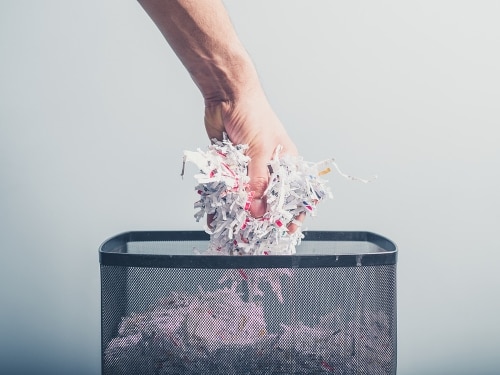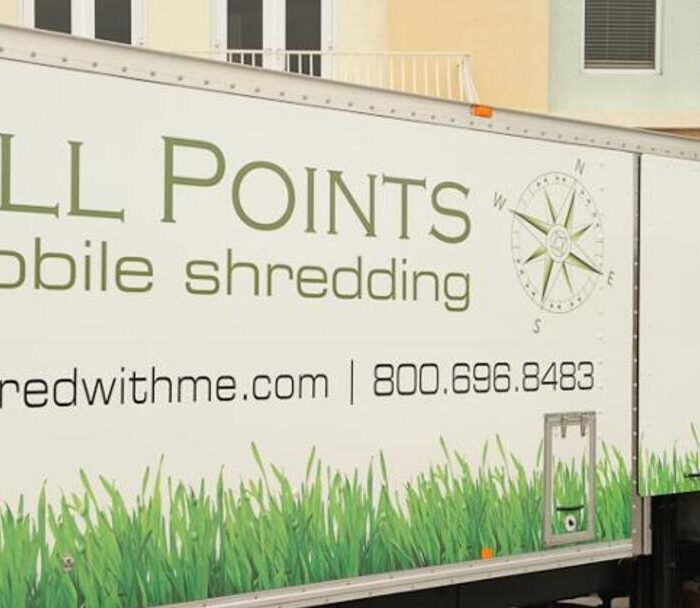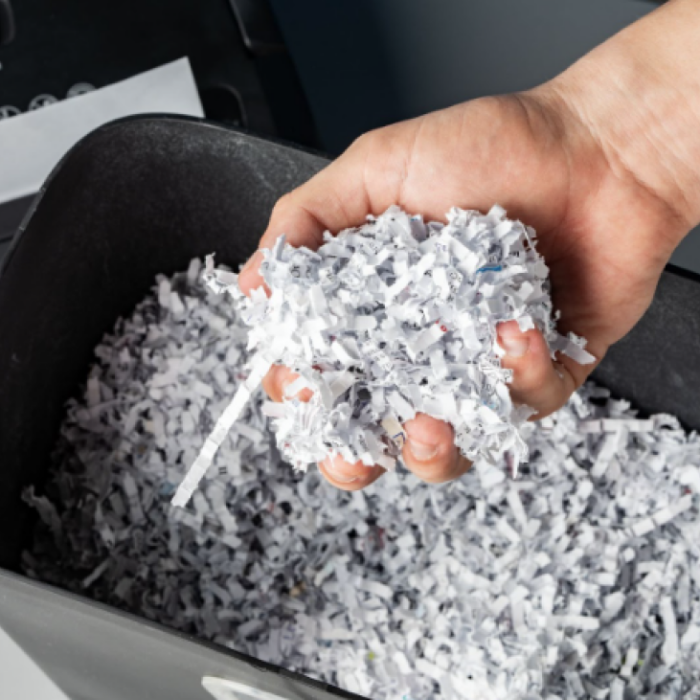5 Mistakes your company could be making
No matter what business you’re in, your company has access to and stores confidential information, whether your business’s data or your client’s. It’s this information that is always at risk—especially in today’s high-tech universe where cybercrimes continue to rise and hackers are on the hunt for anything they can get their hands on. But even with all we know about security and storing data responsibly, corporate ID theft and breaches continue to occur. Mistakes happen, but knowing the most common ones can help you protect your business and your clients. Take a look:
#1 Not having a policy in place for how long you retain records
There’s no doubt that some types of information need to be stored longer than others, but the fact is the longer you keep records and paperwork, the more likely it is that they could fall into the wrong hands. It’s imperative that companies today have a solid policy in place that mandates how long each type of record it kept—and how it is disposed of once it has expired. In addition, every team member needs to understand the importance of the mandates and follow the policy.
#2 Not restricting employee access of confidential information
Not everyone on your team needs to know everything—and the more people that have access to certain types of confidential data, the higher the risk to your security. Establish a policy that allows access only to those who absolutely need it. For example, only your accounting or finance team needs to have access to your company’s banking and credit information.
#3 Not training staff on the importance of confidentiality
When it comes to your company’s sensitive data, it’s critical that every team member understands their role in protecting it. Ensure that each person on your team knows what you expect of them and what the consequences are if they don’t follow the rules. Proper training and continually requiring password updates are just a few steps to take. Be sure you’re providing regular training on what to do with outdated paperwork, which files can be recycled or simply deleted and how to spot phishing emails.
#4 Shredding documents onsite with store-bought shredders
Besides the fact that store-bought shredders aren’t built to handle a large volume of papers at one time, they are not equipped to shred without first removing paper clips and staples. They often break and require a large amount of valuable time from your employees. Simply put—their not effective or efficient. In addition, shredded documents from a store-bought machine are not securely shredded, and if recycled they could still pose a security threat to your business.
#5 Not partnering with a professional shredding provider
Enlisting the services of a professional shredding provider is an investment in your business. It is the only way to ensure that your confidential documents are shredding securely and permanently. When you set up a regular shredding schedule you won’t run into the issue of bins overflowing with confidential paperwork or run the risk that sensitive documents may accidentally get recycled or thrown in the regular trash. Partnering with a NAID AAA Certified company means you’re working with a reputable company that has earned the highest level of certification.
Doing business today requires close attention to data security. Make sure you don’t make these mistakes which will leave you and your company open to risk of a breach. Because once a breach occurs, you stand to lose much more than money, you can also damage your reputation and your client’s trust.
All Points Mobile Shredding is a family-owned and operated provider located in Stuart, Florida. We provide full-service shredding and hard-drive and device destruction to clients across South Florida. Fill out this form or give us a call today to find out how we can serve you.









